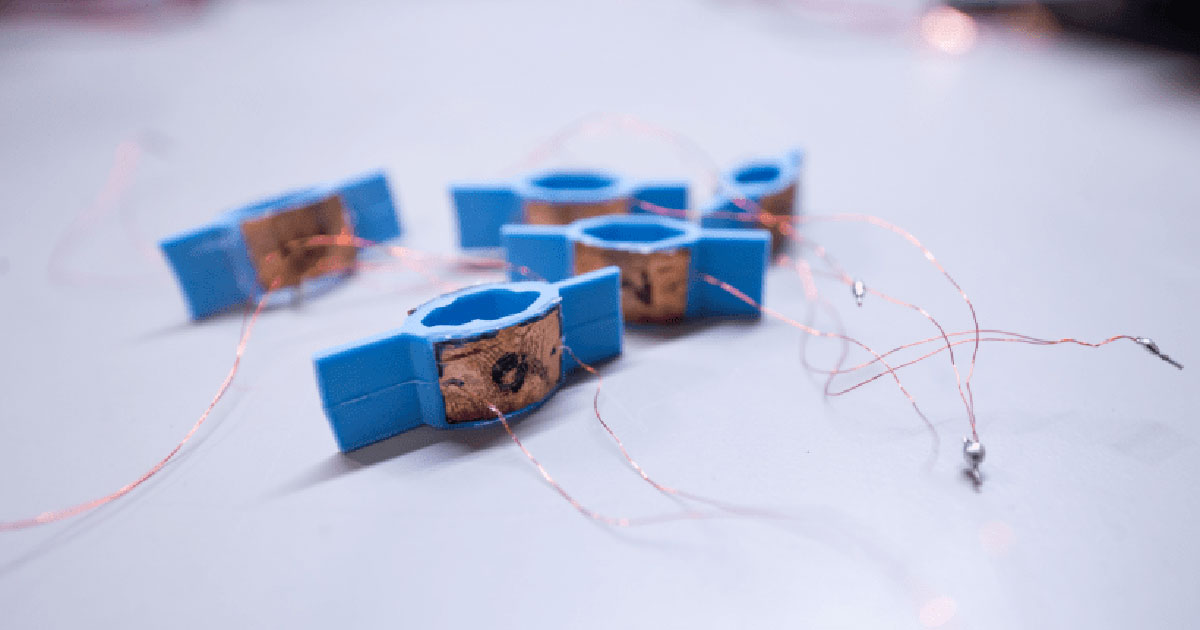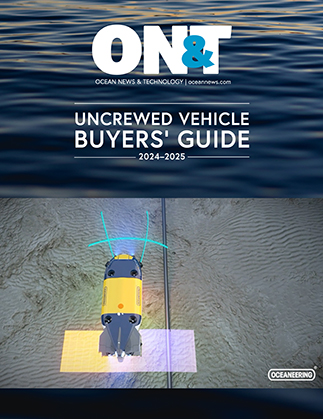DEEC-Tec concepts combine many small energy converters, often less than a few centimeters in size, into a single, larger ocean wave energy converter. This larger system could convert energy from a wide range of ocean locations and wave types.
During Phase II, teams undertook proof-of-concept tests where they designed, built, and tested single distributed embedded energy converter (DEEC) prototypes that could be tailored for wave energy conversion in the future. The winning teams demonstrated the technical promise of their individual concepts, contributed to building the InDEEP community and engaged with other technical experts throughout this phase.
“This prize unites innovators across diverse technology sectors, including those not traditionally focused on marine energy, to advance research into unique wave energy technologies,” said WPTO Acting Director Matthew Grosso. “The technologies demonstrated in this phase showcased remarkable diversity and creativity and hold tremendous potential to evolve into systems that could support the electric grid with a dependable source of renewable energy.”
Phase II submissions reflected competitors’ wide-ranging technical expertise and demonstrated five broad approaches to harness wave energy. This ranged from devices that involve piezoelectric-based energy transducers, which produce an electric charge when a force-like the pressure is applied to them, to induction-based energy transducers, which use changes in magnetic fields to produce an electric current.
The winners of Phase II are:
- Artimus Robotics from Boulder, Colorado
- Condensed Wave Matter from Madison, Wisconsin
- EBB:Flow from Braintree, Massachusetts
- Elysium Robotics from Austin, Texas
- FluxMEMS from Portland, Oregon
- Kiri DEEC from Houghton, Michigan
- PECWEC from Storrs, Connecticut
- The Piezogami Team from Blacksburg, Virginia
- Pittsburgh Coastal Energy from Pittsburgh, Pennsylvania
- PSU_EnergyHarvesting from State College, Pennsylvania
- Soft Energy from Ithaca, New York
- Streaming Energy from La Jolla, California
- WaterBros Development from Charlotte, North Carolina
- Wave Grid from Galveston, Texas
- WaveHarvest from Dallas, Texas
Phase II competitors received support to help them learn about topics from wave energy to patent development. They also benefited from commercialization support, technology performance level evaluation guidance, and insights from marine energy experts. These efforts fostered a competitive yet collaborative atmosphere aimed at maximizing participant success and innovation.
Winning teams will advance to Phase III, where they will integrate their individual DEEC prototypes into a larger metamaterial. This phase will involve further evaluation and testing to assess energy production and techno-economic feasibility. The competition will culminate at an in-person event in January 2025.
InDEEP is funded by WPTO and administered by the National Renewable Energy Laboratory in partnership with Sandia National Laboratories.

